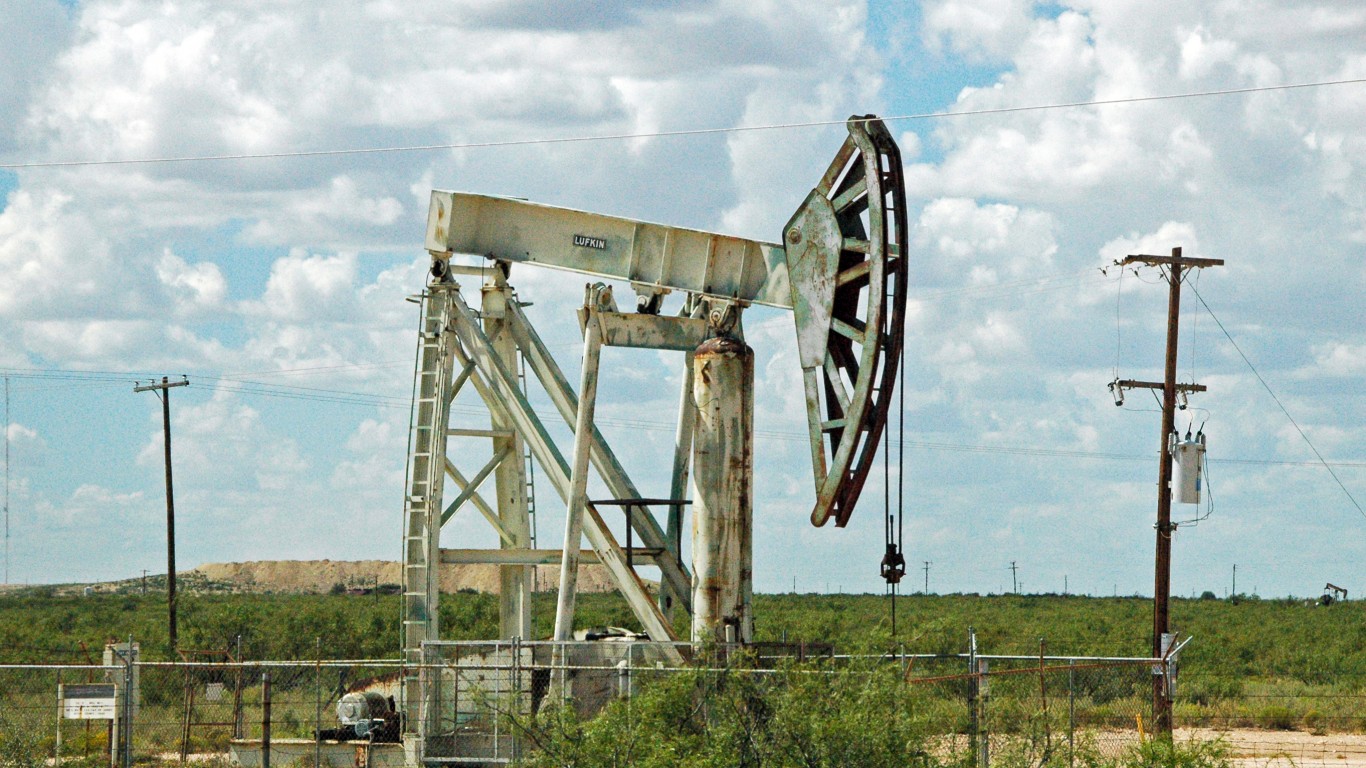
Two independent oil and gas producers announced an all-stock merger Monday morning that had some support before trading officially began for the day. Enthusiasm for the deal between Cabot Oil & Gas Corp. (NYSE: COG) and Cimarex Energy Co. (NYSE: XEC) petered out even before the opening bell rang.
The merger will create a company with an enterprise value of some $17 billion. Cimarex shareholders will receive 4.0146 shares of Cabot stock for each Cimarex share. When the merger is completed, existing Cimarex shareholders will own 50.5% of the surviving company’s stock and Cabot shareholders will own the rest. The combined company will get a new name and be headquartered in Houston, with current Cimarex board chair and chief executive, Thomas Jorden, as CEO of the new firm and Cabot’s board chair and CEO, Dan Dinges, as executive chair.
The oil and gas industry is beginning to circle the wagons. Last week, the International Energy Agency (IEA), an organization that is charged with keeping the world’s largest economies from running out of energy, issued a new report titled, “Net Zero by 2050.” In the report, the IEA states clearly that no new exploration for fossil fuels (coal, oil, natural gas) is needed. All the fossil fuels the world needs if it is serious about reaching net zero emissions by 2050 already have been discovered and approved for development.
The fact that the merger between Cimarex and Cabot creates a company with nearly three-quarters of million net acres and a “multi-decade inventory of high-return development locations” is of little interest to investors. Certainly, there is money to be made in the oil and gas business for decades, but unless there is a major change in the trend toward electric vehicles and renewable power generation sources, demand for fossil fuels will weaken and the number of surviving oil and gas firms will shrink.
While mergers of this sort appear to be life-prolonging, there is little chance that even a company that now will have an enterprise value of $17 billion is going to be strong enough to survive. Keep an eye on the dividend yield. Unlike integrated majors like Exxon Mobil and Chevron, pure exploration and development plays cannot hold for long onto a dividend payment that’s too large.
Investors appear to agree. Cimarex’s stock traded down 6.66% to $66.45, in a 52-week range of $22.39 to $68.67. The 12-month price target on the stock is $83.70, and shares have traded more than five times average daily trading volume of 1.12 million shares. Cimarex pays an annual dividend of $1.08 (yield of $1.52).
Cabot’s shares traded down 6.34%, at $16.68 in a 52-week range of $15.76 to $22.67. The 12-month price target on the stock is $21.00, and more than four times the stock’s average daily trading volume of 6.26 million shares had traded hands already. Cabot pays an annual dividend of $0.44 (yield of 2.47%).
The Average American Has No Idea How Much Money You Can Make Today (Sponsor)
The last few years made people forget how much banks and CD’s can pay. Meanwhile, interest rates have spiked and many can afford to pay you much more, but most are keeping yields low and hoping you won’t notice.
But there is good news. To win qualified customers, some accounts are paying almost 10x the national average! That’s an incredible way to keep your money safe and earn more at the same time. Our top pick for high yield savings accounts includes other benefits as well. You can earn up to 3.80% with a Checking & Savings Account today Sign up and get up to $300 with direct deposit. No account fees. FDIC Insured.
Click here to see how much more you could be earning on your savings today. It takes just a few minutes to open an account to make your money work for you.
Our top pick for high yield savings accounts includes other benefits as well. You can earn up to 4.00% with a Checking & Savings Account from Sofi. Sign up and get up to $300 with direct deposit. No account fees. FDIC Insured.
Thank you for reading! Have some feedback for us?
Contact the 24/7 Wall St. editorial team.
 24/7 Wall St.
24/7 Wall St.



